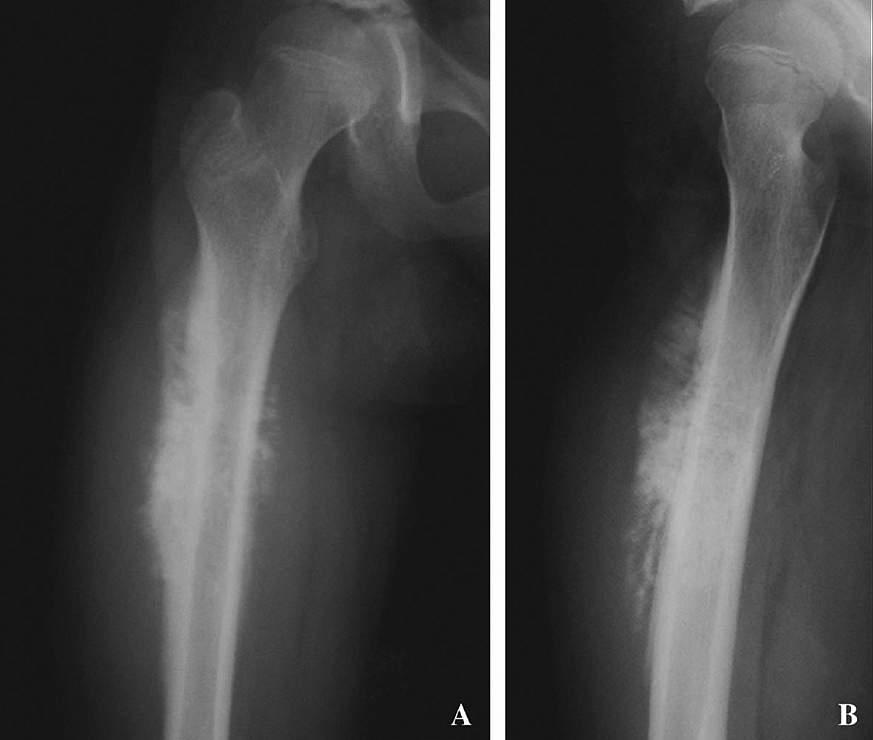NIH study provides genetic insights into osteosarcoma in children
A study by researchers at the National Cancer Institute (NCI), part of the National Institutes of Health, offers new insight into genetic alterations associated with osteosarcoma, the most common cancerous bone tumor of children and adolescents. The researchers found that more people with osteosarcoma carry harmful, or likely harmful, variants in known cancer-susceptibility genes than people without osteosarcoma. This finding has implications for genetic testing of children with osteosarcoma, as well as their families.
The study was published March 19, 2020, in JAMA Oncology.
“With this study, we wanted to find out how many people with osteosarcoma may have been at high risk for it because of their genetics,” said Lisa Mirabello, Ph.D., of NCI’s Division of Cancer Epidemiology and Genetics (DCEG), who led the research. “We not only learned that at least a quarter of the people in the study with osteosarcoma had a variant in a gene known to predispose someone to cancer, we also uncovered variants that had never before been associated with this cancer.”
Read more in the NCI Press Release.
Reference:
Mirabello L et al. Frequency of pathogenic germline variants in cancer-susceptibility genes in patients with osteosarcoma. JAMA Oncology. March 19, 2020. DOI: 10.1001/jamaoncol.2020.0197. [Epub before print].
